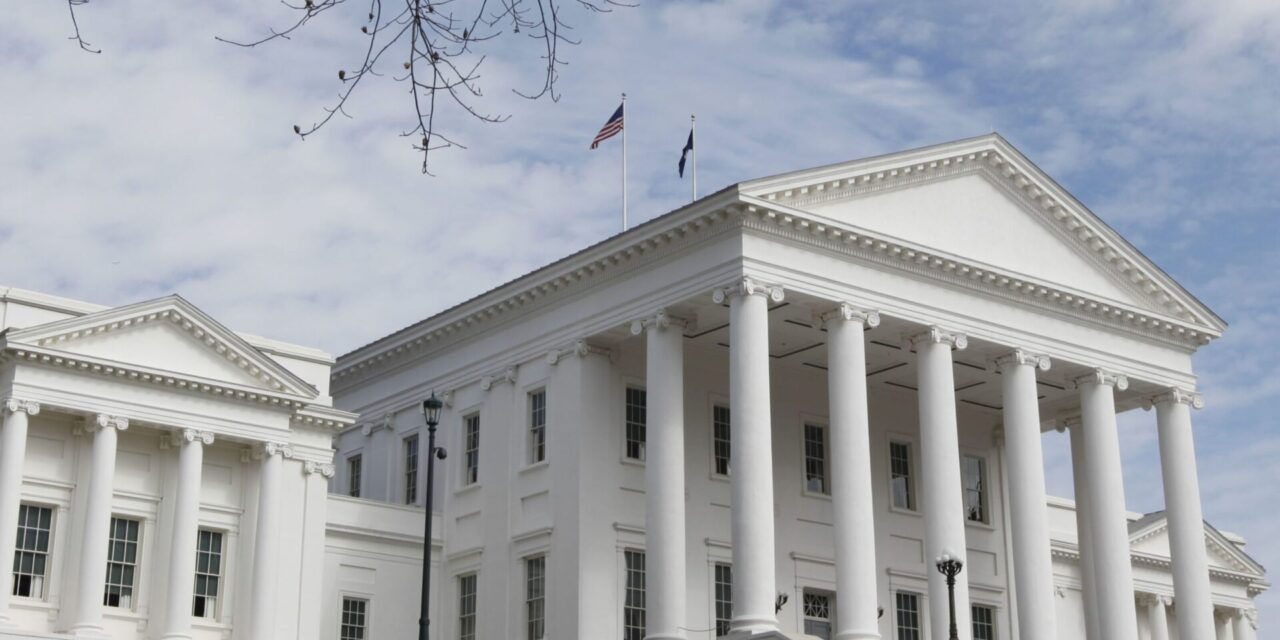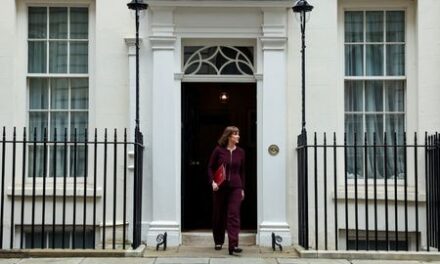This article is from SRN News
RICHMOND, Va. (AP) — The Virginia legislature ended its 45-day session Saturday with a slew of budget amendments ranging from tax cuts to child care, but some lawmakers said they would likely return to the Capitol later this year to address a mounting threat: massive federal government layoffs planned by the Trump administration.
A federal judge paved the way this week for the layoffs to go forward, leaving officials in the state, which according to the Metropolitan Washington Council of Governments is home to roughly 315,000 federal workers, to begin assessing the impact of the job cuts.
So far only a couple hundred federal employees have filed unemployment insurance claims with the Virginia Employment Commission since the beginning of the month, authorities said Saturday during the first meeting of a newly formed bipartisan committee studying the impact of the cuts. But that is expected to rise.
“What we do know is that we have had 300 or fewer applications for unemployment,” Virginia Secretary of Labor George ‘Bryan’ Slater said. “We’re sure there are going to be more, but how many? And when you start looking, it’s people guessing and throwing numbers around.”
“This affects real families who have been put into a situation that they didn’t think they’d be put in,” said Democratic Del. David Bulova, who chairs the new committee. He added: “These are kitchen-table issues.”
Republican Gov. Glenn Youngkin said this week that he was putting together a package for those who lose their jobs, though he did not give details. Slater said at the meeting that Youngkin’s administration will roll out an online jobs portal for people looking for employment in the state, including a link for federal workers.
Democratic state Sen. L. Louise Lucas, who chairs the finance committee, said this week that she had not heard details of Youngkin’s plan.
“We have not had any discussion,” Lucas said. “That’s one I’d love to have with him, to see how he is going to respond to what this administration doing to our federal employees.”
Before adjourning the legislative session, the House of Delegates voted on a resolution expanding a previously established special session, which is still active. Democrats said the maneuver would allow lawmakers to reconvene later this year. Senate Democrats did not pass the same resolution but pledged to do so in the coming weeks.
Lawmakers also passed legislation amending the two-year budget, including dedicating funds to give each taxpayer a $200 rebate along with bonuses for state employees and teachers. The rebates are expected to arrive in mid-October, weeks before an election in which the top statewide offices are on the ballot.
There was no budget amendment addressing what would happen if the federal match rate changes for Medicaid, as Congress weighs billions of dollars in the program. Virginia is one of nine states with a trigger law for swiftly ending Medicaid expansion if federal funding falls.
The Virginia Senate’s budget plan originally required an oversight subcommittee to meet before disenrolling Virginians, should such a scenario play out. But that item did not make its way to the joint General Assembly budget passed Saturday.
The bill also ignored Youngkin’s topline amendments, including language on making a permanent, refundable car tax credit of up to $150 for people earning under $50,000 a year and up to $300 for joint filers making less than $100,000. Also nixed was his proposal to cut taxes on tips.
Now the budget amendments, along with hundreds of other bills, head to Youngkin’s desk for the governor to sign, veto or seek amendments. Lawmakers will reconvene in April to consider proposed changes.
Youngkin said in a statement that he would review the legislation over the next 30 days and there would be “much to address at the reconvene session.”
Many of the bills from the Democratic-led legislature are second attempts at measures Youngkin vetoed last spring, including eliminating a tax exemption for the Daughters of the Confederacy.
Lawmakers also passed legislation tackling maternal health disparities among people of color, such as covering postpartum doula visits for those with Medicaid.
And both chambers passed legislation prohibiting the use of campaign funds for personal expenses after declining to pass such legislation last year.
___
Olivia Diaz is a corps member for The Associated Press/Report for America Statehouse News Initiative.
Brought to you by www.srnnews.com





























